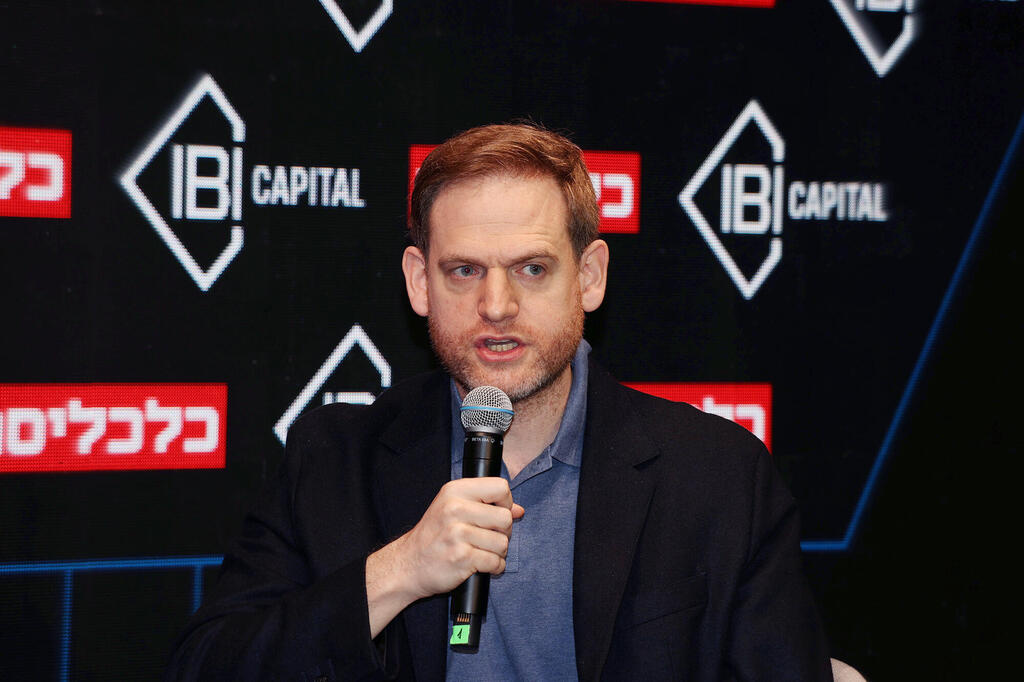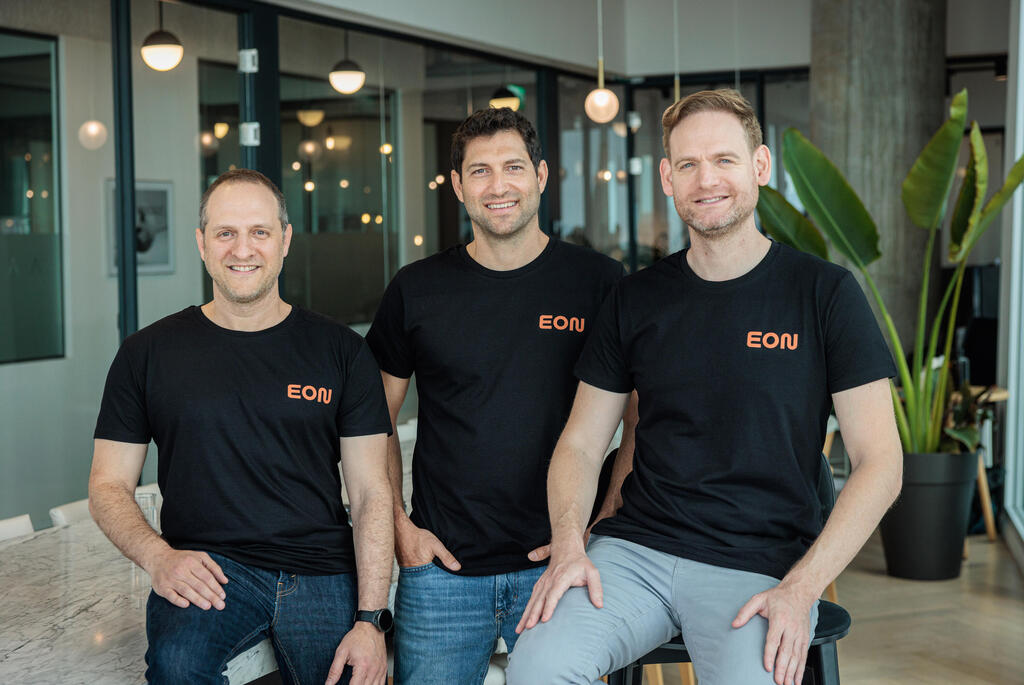In the rapidly evolving world of tech startups, few have seen a rise as swift as Ofir Ehrlich and his latest venture, Eon. Specializing in cutting-edge backup solutions for cloud infrastructure, Eon has raised over $200 million in just over a year, reaching a $1.4 billion valuation and securing its place among the exclusive ranks of unicorn companies. Yet, despite its soaring success, the company is tackling a problem often overlooked—cloud infrastructure backup.
For Ehrlich, 43, this isn’t unfamiliar territory. A serial entrepreneur, he has already co-founded three companies, including CloudEndure, which Amazon acquired in 2019. Now, with his fourth venture, co-founded with Ron Kimchi and Gonen Stein, he’s setting out to redefine the future of cloud resilience.
2 View gallery


Eon CEO Ofir Ehrlich.
(Photo: Yariv Katz)
“We identified a significant gap in cloud infrastructure backup. People assumed this was a solved issue. It works fine when my grandmother searches for pictures of her grandson, but in large companies like Amazon, with extensive cloud systems, it becomes far more complex. We saw an opportunity in this space and founded Eon to address it,” Ehrlich told Calcalist reporter Meir Orbach at Calcalist’s InvesTech conference, held in collaboration with IBI Capital.
In just over a year, you raised more than $200 million and reached a valuation exceeding $1 billion. Do you feel the pressure of growing so fast?
“We fully understand what this means. Every time we raised money, it was a deliberate and strategic decision. Before the first round, I knew exactly what valuation I wanted and structured the round accordingly for different scenarios. At the end of December, there was a war, and I thought fundraising would be off the table. But suddenly, we received multiple offers and secured a very strong fund—Sequoia.
“The second funding round followed immediately, and we understood why it made sense to take it. Later, we received even more offers, but we didn’t want to accept additional capital until we were certain of three things: first, that the technology I was presenting to investors actually worked; second, that we were getting the strongest possible signals from top-tier customers, confirming we weren’t living in a bubble and that there was real demand with real budgets; and third, that we could deliver genuine value.
“From that point on, there was no way we could justify a technology acquisition with minimal funding at the valuation we had taken—$750 million. We all understood the stakes. Now, we have to sell a product, acquire customers, and define the business. That’s the real challenge.
“Right after the last round, one of the funds that hadn’t been able to invest came back and said they wanted in. They knew the market and our customers and wanted to strengthen the relationship. They told me, ‘We’ll make you a unicorn now.’ When they sent me a term sheet with a $1.2 billion valuation, I countered with $1.4 billion, and we closed the deal. We fully understand the responsibility that comes with this. No startup has a smooth trajectory—there will be challenges, and we will lose customers along the way.
“We receive a lot of funding offers. When I travel abroad, my employees joke, ‘Wait a minute, don’t raise more money!’ I try to make every funding decision with clear intent. At the same time, we know that additional capital helps sustain momentum and attract top talent. When I meet with major companies, I don’t present us as a small startup—I tell them we’re a major company. We provide the best product available today, and we can support any enterprise. I can say that with confidence because of the credibility we’ve earned from our investors.”
2 View gallery


Eon founders.
(Photo: Eon)
You’re personally invested in 30 companies. How has the high-tech industry evolved in the past year, and what do you see ahead?
“There is a lot of capital in the market, but two major issues stand out. First, many U.S. funds have entered the market, exacerbating the problem that most of the money is concentrated in cybersecurity. The second challenge is that Israeli funds are struggling. Those who can adapt will thrive, but many funds won’t be able to adjust. It will be interesting to see what happens to Israeli venture capital.
“I really hope, for the sake of our ecosystem, that Israeli funds reinvent themselves. There are excellent funds in Israel, but they need to accept that what worked before is not what will work in the future.”
Cybersecurity is Israel’s strength, but is there a risk of over-concentration in the sector?
“I see it as a risk. One of the reasons I founded a company outside of cybersecurity is exactly that—everyone is chasing the same buyers. I wanted to target a different global market with strong financial potential and high multiples. I wouldn’t write off cyber, but there are many companies that look very similar to one another, and after a while, it’s hard to tell the difference between them.”
The AI sector is also booming. Is it becoming overcrowded in Israel?
“There are some truly amazing AI companies, like Decart, and some strong infrastructure players. But overall, Israel feels a bit behind when it comes to AI infrastructure. AI infrastructure companies have enormous significance, yet we don’t have enough of them here.
“I think Israel needs to focus more on AI infrastructure—it’s part of our future resilience. AI is evolving at an incredible pace, and the level of innovation in this space is staggering. If Israel manages to follow the trend effectively, we have a real chance to compete with, and even surpass, Silicon Valley.”









